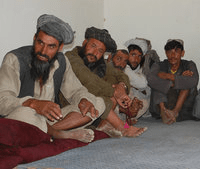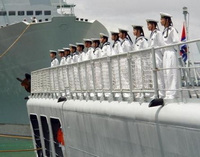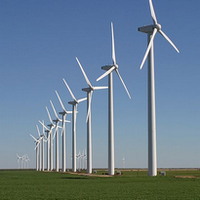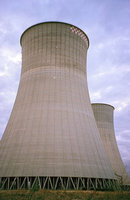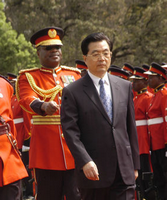
In examining possible approaches to Iran policy in my last several columns, I concluded that “focusing on deterrence in the short run while increasing efforts to promote regime modification — by internal means — over the long haul” might end up being the most effective one. Some of the feedback I received suggested that I was being too pessimistic about current efforts to bring about a new round of punitive sanctions on Iran, and that there were signs that even Russia and China were moving closer to the U.S. position. Those hopes received a serious setback on Thursday, when Russia […]


